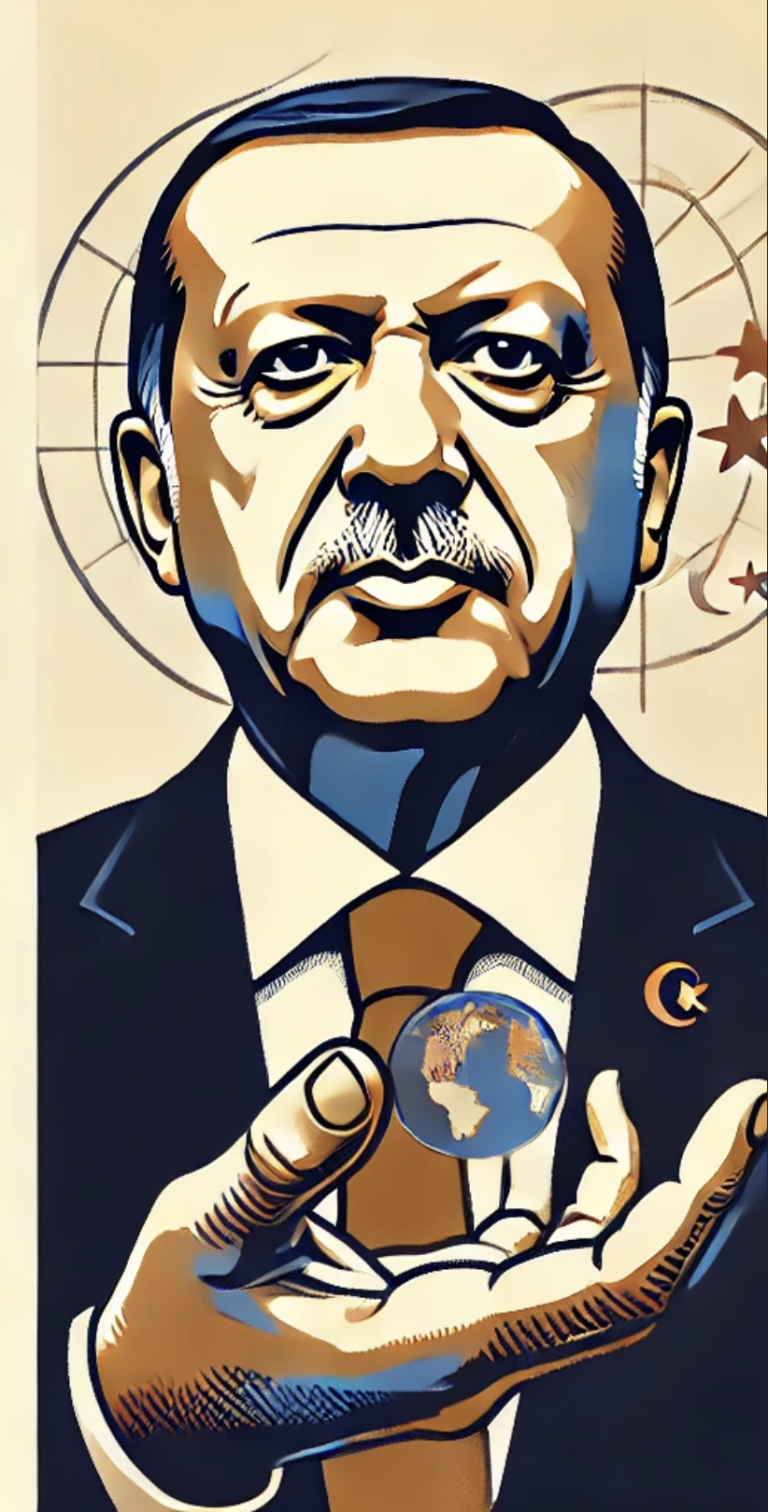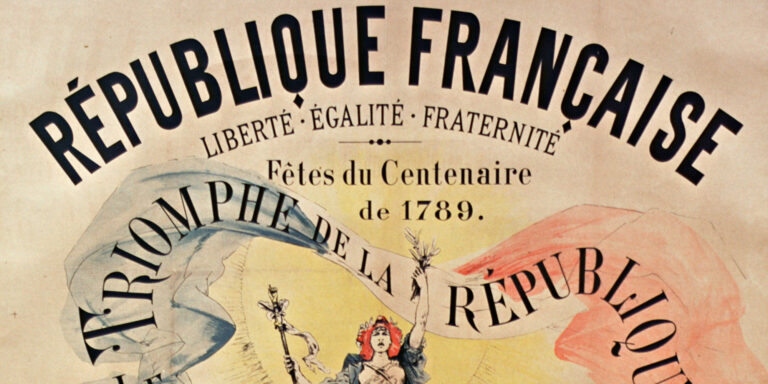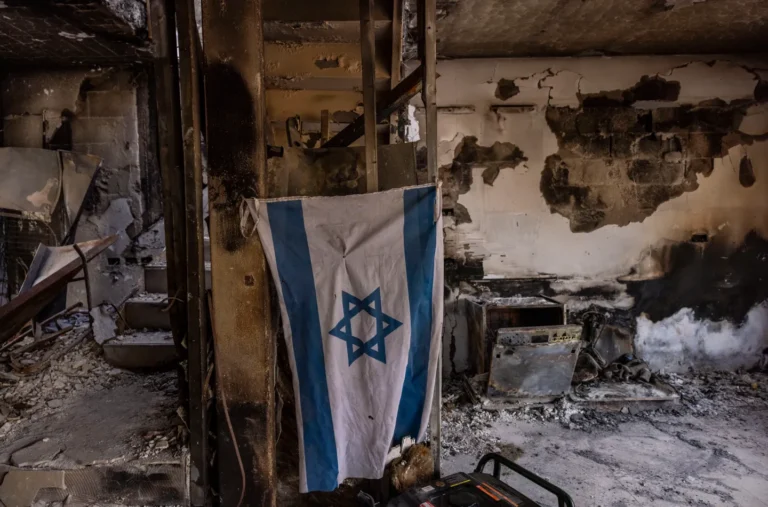by Andrea Tucci
On the world stage, Saudi Arabia today presents itself as an increasingly liberal power.
Since 2016, when it first announced plans to diversify its economy, the kingdom has invested billions to appear more progressive by revamping its image in the eyes of foreigners.
Women can drive, attend sporting events and do jobs that were previously prohibited.Huge sums have been invested in futuristic architectural projects such as The Line, a huge desert city, to attract tourists from all over the world.
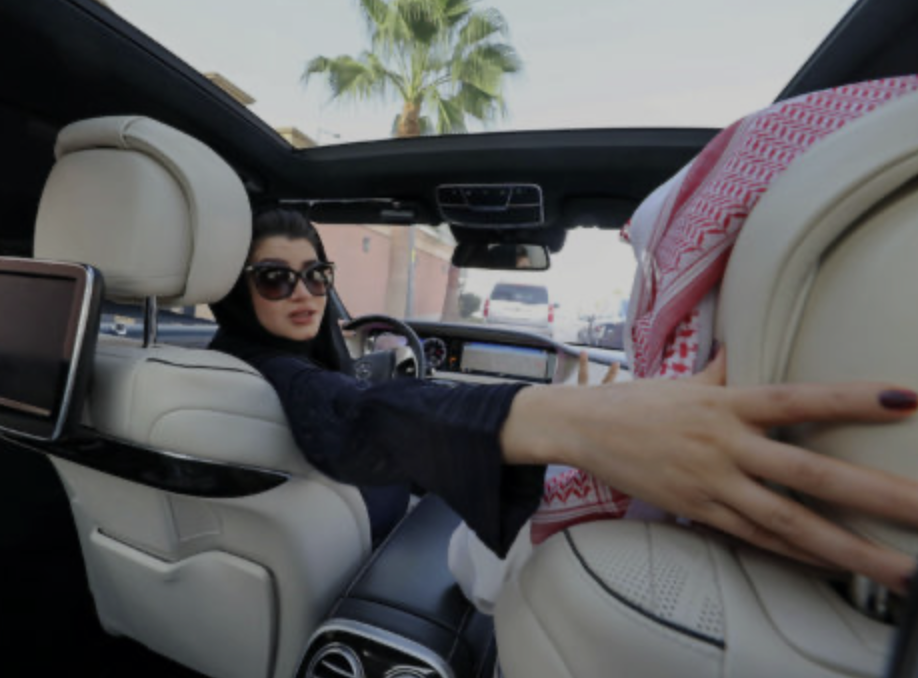
Saudi Arabia actually tries to present itself on the world stage as an increasingly moderate power, yet Saudi citizens tell a different story.
In fact, a fake liberal mask hides a reality of repression, violence and injustice.
In Saudi Arabia, a tweet that the authorities don’t like is enough to spend decades in prison. As in the case of Salma el-Shehab, mother of two, women’s rights activist and doctoral student at the University of Leeds, in the United Kingdom.
In 2021, Salma returns to Saudi Arabia for a holiday, she is arrested and held in solitary confinement for 285 days before being tried. An anti-terrorism court sentenced her to 34 years in prison. After an appeal last January, the computer crime charges were cancelled, while the others under the anti-terrorism law remained standing. The sentence is very heavy: 27 years of imprisonment, followed by the same number of years of travel ban. For the Saudi authorities, women who want to work, move, live freely, as well as independent journalists, critical voices or those who express their opinions on Twitter “are all potential terrorists and deserve exemplary punishments“.
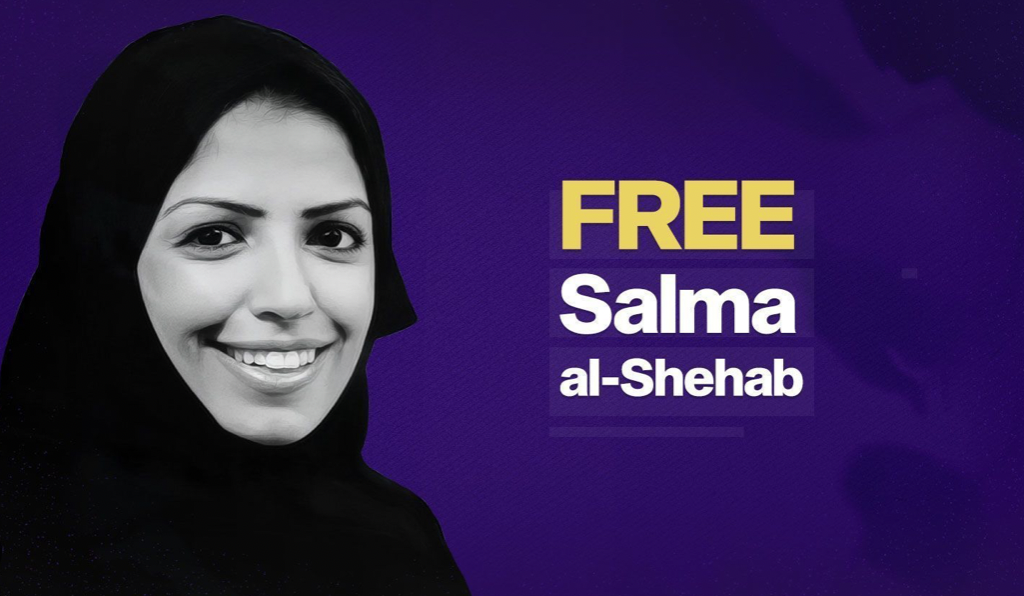
The leaked draft of Saudi Arabia’s first written penal code falls far short of universal human rights standards and highlights the hypocrisy behind Crown Prince Mohammad bin Salman’s promises to credit his government as progressive and inclusive.
This draft violates international laws and codifies already existing repressive practices. In addition, it criminalizes the rights to freedom of expression, thought and religion, criminalizes “illegitimate” consensual sexual relations, homosexuality and abortion, and fails to protect women and girls from gender-based violence. Furthermore, it also codifies the use of the death penalty among the main punishments and allows the use of corporal punishment such as flogging.
These provisions would allow the persecution and torture of people belonging to the LGBTQIA+ community (L= lesbian; G= gay; B=bisexual; T= transgender and transsexual; Q= queer; I= intersexual, A=asexual; += indicates the possibility to incorporate other gender identities and/or sexual orientations, to make the list increasingly inclusive)
The “draft of the penal code” codifies the death penalty as the main punishment for a series of crimes, ranging from murder to rape to non-violent crimes such as apostasy and blasphemy, and also allows corporal punishment such as the amputation of the hands. Despite promises made by Prince Bin Salman to limit the use of the death penalty to the most serious sharia crimes, there has been a frightening increase in executions under his rule, including one of the largest mass executions with 81 people in March 2022. This code also provides that minors as young as seven years old can be sentenced to death.
“It is vital that the United Nations Human Rights Council, establishes a mechanism to monitor the human rights situation in Saudi Arabia, in order to prevent the Saudi authorities from continuing to hide the grave reality of their repression, by promoting abroad a glamorous and progressive of their country.


